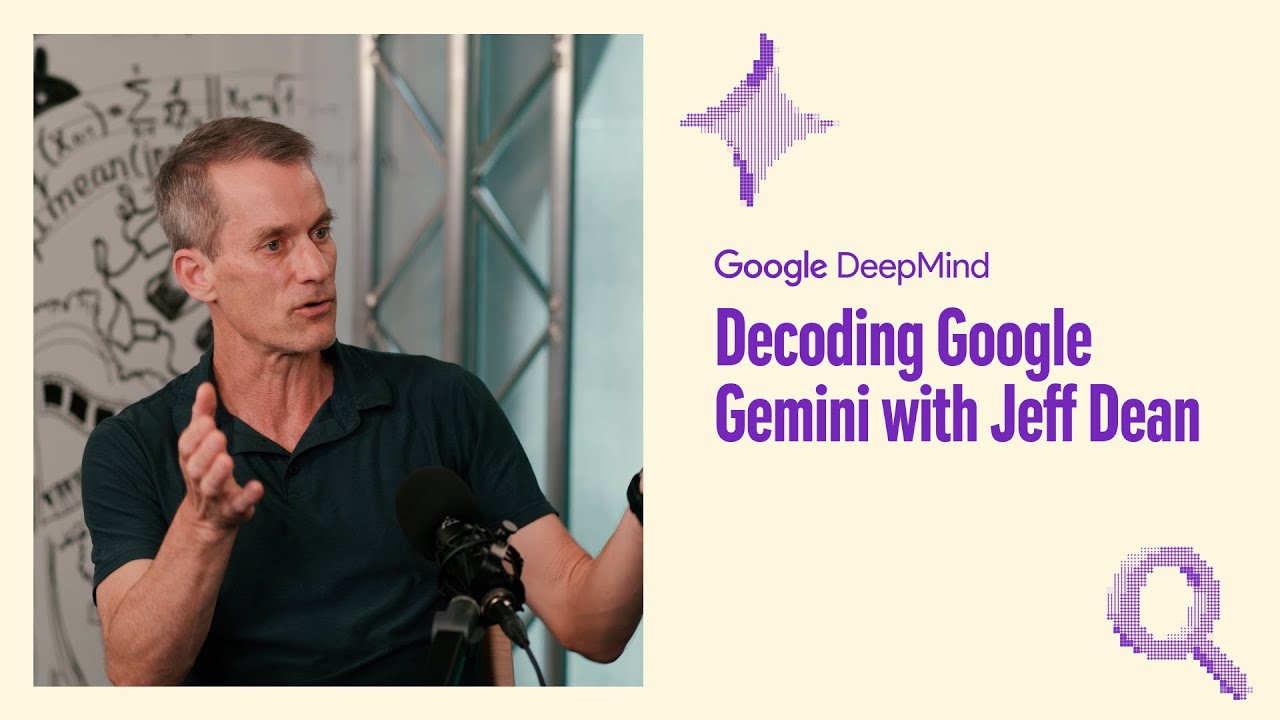In the Google DeepMind podcast, Jeff Dean discusses his journey at Google, highlighting the evolution of the company from a search engine to a leader in artificial intelligence, particularly with the development of the multimodal AI model, Gemini. He emphasizes the importance of integrating various data types for a holistic understanding and addresses challenges related to AI accuracy and ethical considerations in its deployment.
In this episode of the Google DeepMind podcast, host Professor Hannah Fry interviews Jeff Dean, a prominent figure in computer science and Google’s Chief Scientist. Dean reflects on his journey at Google, which began in the late 1990s when the company was still a small startup. He discusses his contributions to the development of TensorFlow, the democratization of machine learning, and the creation of the Google Brain project. Dean emphasizes the evolution of Google from a search engine to a multifaceted technology company, highlighting the importance of high-quality search results and the gradual expansion into various products and services.
Dean shares insights into the early days of Google, describing the challenges of scaling the search engine to accommodate growing traffic. He recalls the excitement of witnessing the increasing usage of their service and the need for continuous optimization and innovation. As the company evolved, Dean notes that while Google started as a search company, it has increasingly embraced artificial intelligence as a core component of its operations. He believes that the mission of organizing the world’s information remains relevant, and the development of Gemini, a multimodal AI model, is a significant step in that direction.
Gemini represents a shift towards a multimodal approach, allowing the model to understand and process various types of data, including text, images, audio, and video. Dean explains that this capability enables the model to generate responses and insights that are more aligned with human understanding. He discusses the importance of integrating different modalities into the model, which enhances its ability to recognize and relate concepts across various forms of input. This integration aims to create a more holistic understanding of information, similar to how humans process and connect different types of sensory data.
The conversation also touches on the historical development of neural networks and the transformative impact of the Transformer architecture on language processing. Dean explains how the Transformer model allows for parallel processing of sequences, significantly improving efficiency and performance in tasks such as language translation and text generation. He highlights the emergence of powerful capabilities from these models, including the ability to understand complex relationships between words and concepts, which has implications for various applications, including healthcare and education.
Finally, Dean addresses the challenges of ensuring factual accuracy in AI-generated content, acknowledging the balance between utility and reliability. He emphasizes the need for users to approach AI outputs with a degree of skepticism and to understand the limitations of these models. As AI continues to evolve, Dean envisions a future where multimodal models can assist individuals in personalized ways, enhancing productivity and creativity. The discussion concludes with a reflection on the potential of AI to transform various domains, including education and robotics, while also recognizing the importance of accessibility and ethical considerations in the deployment of these technologies.
